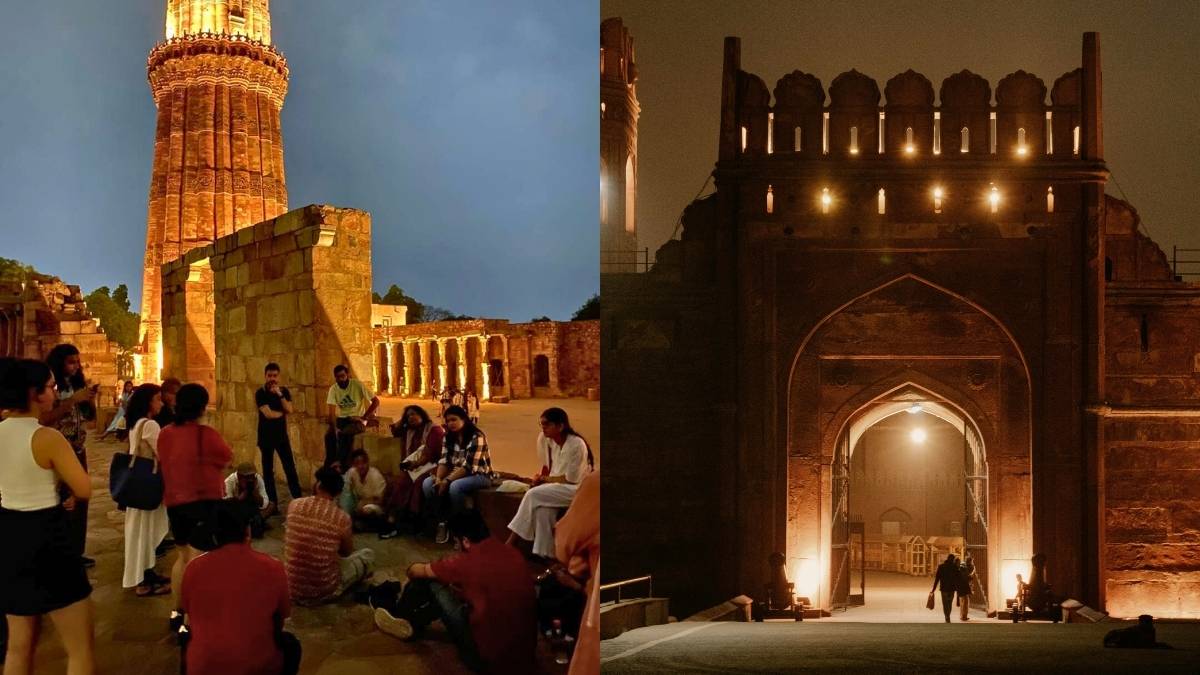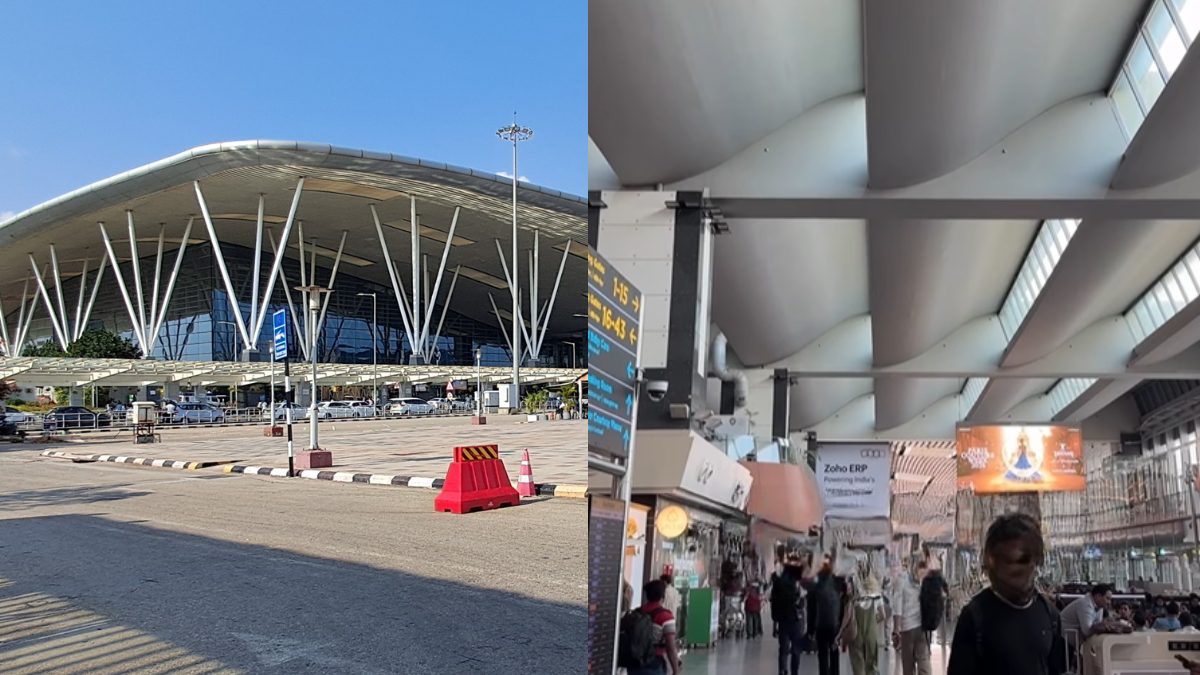Exploring the GCC is an exciting way for UAE residents to experience neighbouring nations’ rich cultures, scenic landscapes, and bustling cities. However, each country in the Gulf Cooperation Council (GCC) has its own visa rules and requirements for UAE residents, so it’s important to know what to expect before you travel. Here’s a guide to the visa requirements for UAE residents in every GCC country.
1. Oman

UAE residents can get a visa on arrival to Oman if they work in an approved profession by the Royal Oman Police (ROP) or apply for a 30-day eVisa online. Those ineligible for the eVisa must secure a sponsored tourist visa via a travel agency. When travelling by road, residents can obtain a visa on arrival for up to 14 days, provided their Emirates ID and passport are valid for six months.
2. Saudi Arabia

UAE and GCC residents can apply for a one-year multiple-entry eVisa for business, visiting family, tourism, or performing Umrah (excluding Hajj season). Visa applications for travel to Saudi Arabia can be submitted through the unified online platform. Travellers can apply for a single-entry visa, which allows them to stay in the country for up to 90 days, or a multiple-entry visa, valid for one year. With the multiple-entry visa, each visit is limited to a maximum duration of 90 days, offering flexibility for those who wish to explore the Kingdom multiple times within a year.
3. Kuwait

Residents of the United Arab Emirates and GCC countries can apply for a Kuwait eVisa through the official website. This streamlined visa process allows eligible GCC residents to secure their travel authorization online, making planning a visit to Kuwait easier than ever. Those travelling from these countries may also take advantage of a visa-on-arrival option, offering flexibility for spur-of-the-moment travel plans. Required documents typically include a valid passport (6+ months), passport photo, return ticket, Emirates ID (6+ months), and accommodation proof. Additional documents may apply for a visa-on-arrival.
Also Read: The Viral Dubai Chocolate Trend Has Sparked A 38% Increase In UAE Tourism
4. Bahrain

UAE residents can receive a two-week visa on arrival or apply for an eVisa through the NPRA portal. The eVisa provides greater flexibility with options for multiple entries, allowing travellers to stay for up to three months or enjoy the added benefit of a one-year validity period. This visa makes it easier for residents to explore Bahrain for leisure, business, or family visits. To qualify, applicants need a valid Emirates ID or residency permit (3+ months), a passport with at least six months’ validity, employment in a skilled profession, and evidence of return travel and stay.
5. Qatar

Residents of the United Arab Emirates, no matter their nationality, now have the opportunity to apply for the GCC Resident Entry eVisa. You can complete the visa process through Qatar’s Hayya Portal. To be eligible, applicants must have a UAE residency that extends for at least three months starting from their arrival date, along with confirmed housing and a return ticket. The job title on the residence visa must also correspond with one of the approved professions.
By following these visa guidelines and preparing the necessary documents, UAE residents can enjoy seamless travel throughout the region and make the most of their time in these vibrant GCC countries.
Cover Image Courtesy: Canva Stock Images
For more such snackable content, interesting discoveries and the latest updates on food, travel and experiences in your city, download the Curly Tales App. Download HERE.
First Published: April 09, 2025 7:58 PM




